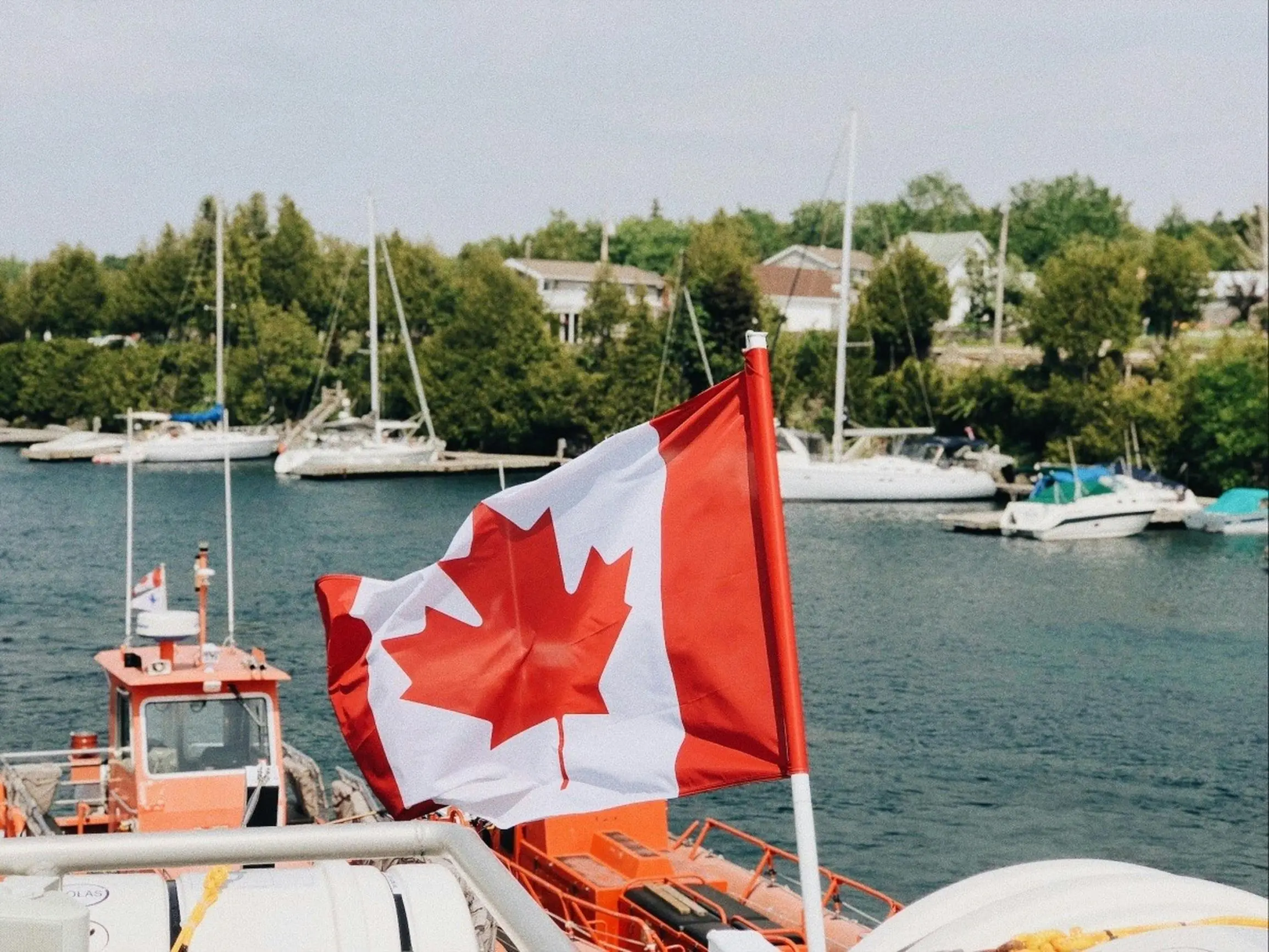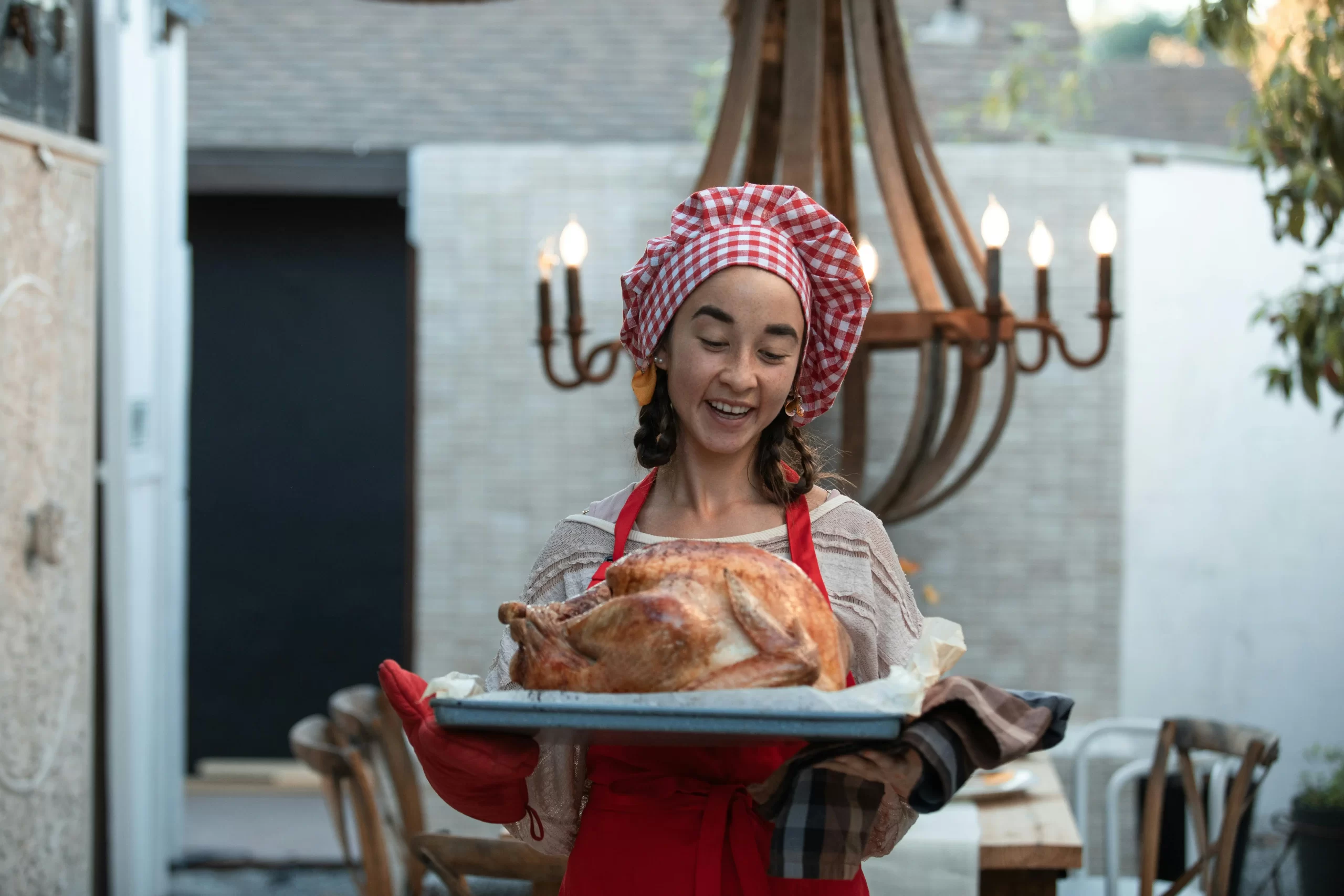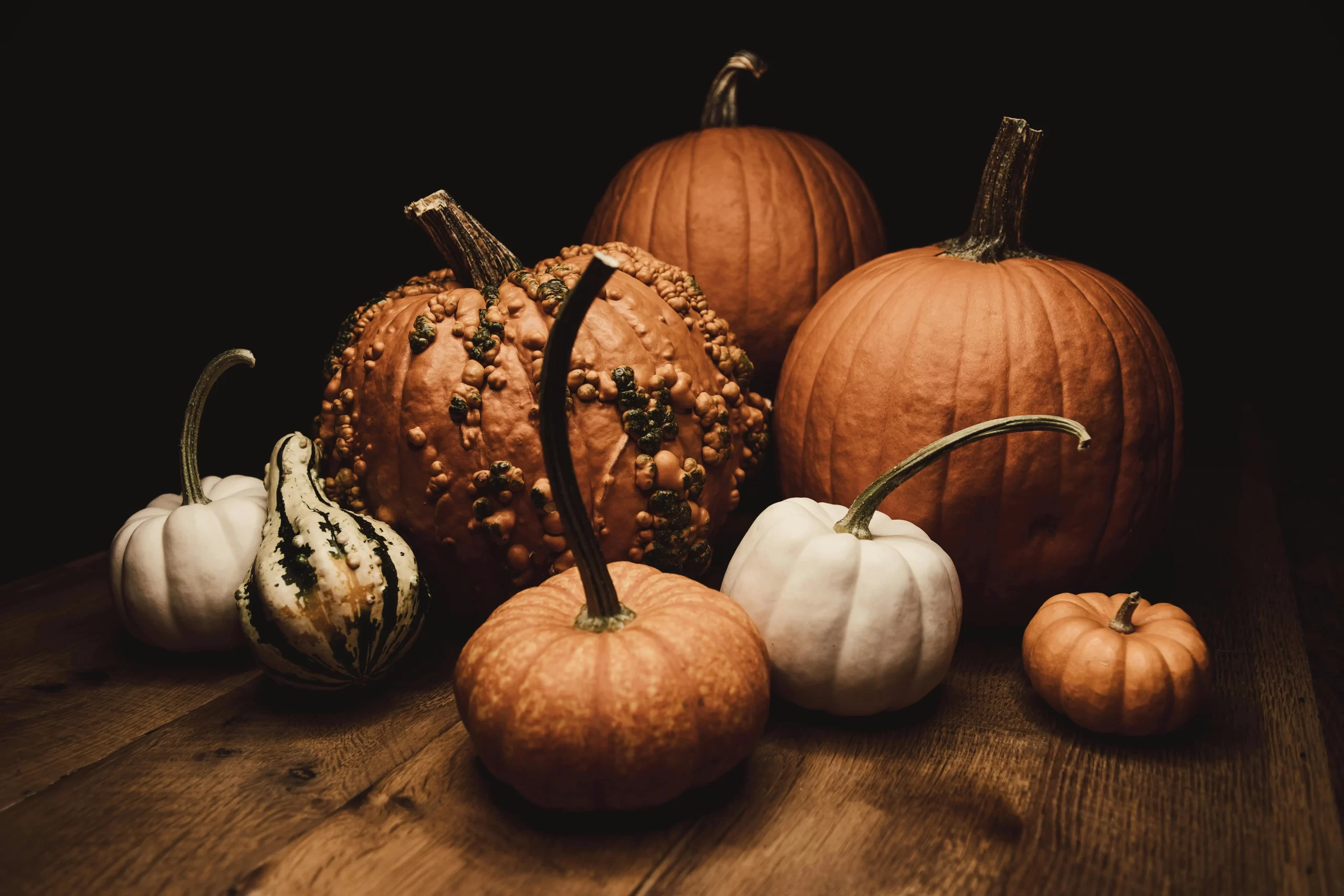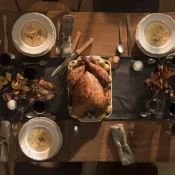
Do Canadians Celebrate Thanksgiving? Understanding the Canadian Thanksgiving Tradition
When most people think of Thanksgiving, images of turkeys, pumpkins, and Pilgrims come to mind, often associated with the American holiday celebrated in November. However, Thanksgiving is not solely an American tradition. Canadians also celebrate Thanksgiving, but with some unique differences that set it apart. In this blog post, we’ll explore how and why Canadians celebrate Thanksgiving, the traditions they uphold, and the cultural significance of this holiday north of the border.
The Origins of Canadian Thanksgiving
Canadian Thanksgiving has a rich history that predates its American counterpart. The earliest known celebration dates back to 1578, when English explorer Martin Frobisher held a ceremony in what is now Newfoundland to give thanks for his safe arrival in the New World. This was years before the famous Pilgrim feast in Plymouth, Massachusetts, in 1621.
The tradition of Thanksgiving in Canada continued to evolve over the centuries. Early celebrations were primarily focused on giving thanks for a successful harvest. French settlers who arrived in Canada in the early 1600s also held feasts of thanks, often involving shared meals and religious ceremonies. By the late 19th century, Canadian Thanksgiving became more formalized, and in 1957, the Canadian government officially declared the second Monday of October as Thanksgiving Day.

How Canadians Celebrate Thanksgiving
Canadian Thanksgiving observed on the second Monday in October, is a time for family gatherings, feasting, and expressing gratitude. Although it shares many similarities with the American Thanksgiving, such as enjoying a big meal with loved ones, some distinct traditions and customs make Canadian Thanksgiving unique.
Traditional Thanksgiving Foods
The Thanksgiving meal is at the heart of the celebration, and Canadians enjoy many of the same dishes that are popular in the United States. Roast turkey is a staple, often served with stuffing, mashed potatoes, gravy, cranberry sauce, and seasonal vegetables like squash and Brussels sprouts. Pumpkin pie is a common dessert, alongside apple pie and butter tarts.
However, regional variations reflect Canada’s diverse cultural heritage. In Quebec, you might find tourtière (a meat pie) as part of the Thanksgiving feast, while in Atlantic Canada, dishes featuring seafood like lobster or salmon may be included. Indigenous communities across Canada also contribute traditional foods, including bannock, wild game, and corn.
Thanksgiving Traditions
In addition to the feast, Canadians observe Thanksgiving with various traditions that emphasize community and gratitude. Some popular activities include:
- Family Gatherings: Thanksgiving is an opportunity for families to come together, share a meal, and enjoy each other’s company. Many Canadians travel to visit relatives, making Thanksgiving one of the busiest travel weekends of the year.
- Religious Services: For many Canadians, Thanksgiving has a religious component. Churches hold special services that focus on giving thanks for the harvest and the blessings of the past year.
- Outdoor Activities: Given that Canadian Thanksgiving falls in October, it coincides with the beautiful fall foliage. Many families take advantage of the long weekend to go hiking, apple picking, or enjoying outdoor activities like football games.
- Parades and Festivals: Some Canadian cities host Thanksgiving parades and festivals, celebrating the season with music, food, and community events. The Kitchener-Waterloo Oktoberfest Thanksgiving Day Parade in Ontario is one of the most well-known, featuring floats, performers, and local cultural displays.
Thanksgiving vs. Harvest Festival
Canadian Thanksgiving is closely linked to the idea of a harvest festival, reflecting the country’s agricultural roots. Historically, it was a time to celebrate the successful harvest and give thanks for the abundance of food. While modern Thanksgiving has become more about family and social gatherings, the harvest element remains important, particularly in rural areas. Many communities hold fall fairs, harvest festivals, and farmers’ markets during this time, showcasing local produce and agricultural achievements.
Why Canadian Thanksgiving is Different from American Thanksgiving
While both Canadian and American Thanksgivings share common themes of gratitude, family, and food, there are some key differences:
- Date of Celebration: Canadian Thanksgiving is celebrated on the second Monday of October, aligning with the end of the harvest season in Canada. In contrast, American Thanksgiving is held on the fourth Thursday in November.
- Historical Origins: Canadian Thanksgiving has its roots in both English and French traditions, with influences from Indigenous cultures. The American Thanksgiving is more closely associated with the Pilgrims’ arrival and their first harvest in the New World.
- Focus and Traditions: While both holidays emphasize giving thanks, Canadian Thanksgiving is less commercialized and lacks the same level of association with shopping and sales that follows American Thanksgiving, particularly with the advent of Black Friday. Canadian Thanksgiving is more centered around the harvest and spending time with family.
- Weather: The earlier celebration of Thanksgiving in Canada means it often coincides with the peak of fall foliage and milder weather, making it ideal for outdoor activities. In the United States, the later celebration marks the beginning of the winter holiday season.
The Cultural Significance of Canadian Thanksgiving
Thanksgiving in Canada is more than just a day off work and a large meal. It holds cultural significance as a time to reflect on the blessings of the past year and the importance of family and community. It’s a moment to pause and appreciate the beauty of the changing seasons, the bounty of the land, and the joy of togetherness.
Canadian Thanksgiving also serves as a reminder of the country’s rich cultural heritage, incorporating traditions from Indigenous peoples, French and English settlers, and more recent immigrant communities. This blending of traditions reflects Canada’s multicultural identity, making Thanksgiving a truly inclusive holiday.
Conclusion
Yes, Canadians do celebrate Thanksgiving, and it holds a special place in their cultural and social life. While it shares similarities with the American holiday, Canadian Thanksgiving has its unique origins, traditions, and significance. From the harvest festivals of the past to the family-centered celebrations of today, Thanksgiving in Canada is a time to give thanks, come together, and enjoy the simple pleasures of life.
Whether you are Canadian or simply curious about the traditions of the Great White North, Canadian Thanksgiving offers a beautiful example of how gratitude and community can bring people together. So this Thanksgiving, take a moment to appreciate the food on your table, the loved ones by your side, and the shared traditions that make this holiday special.












